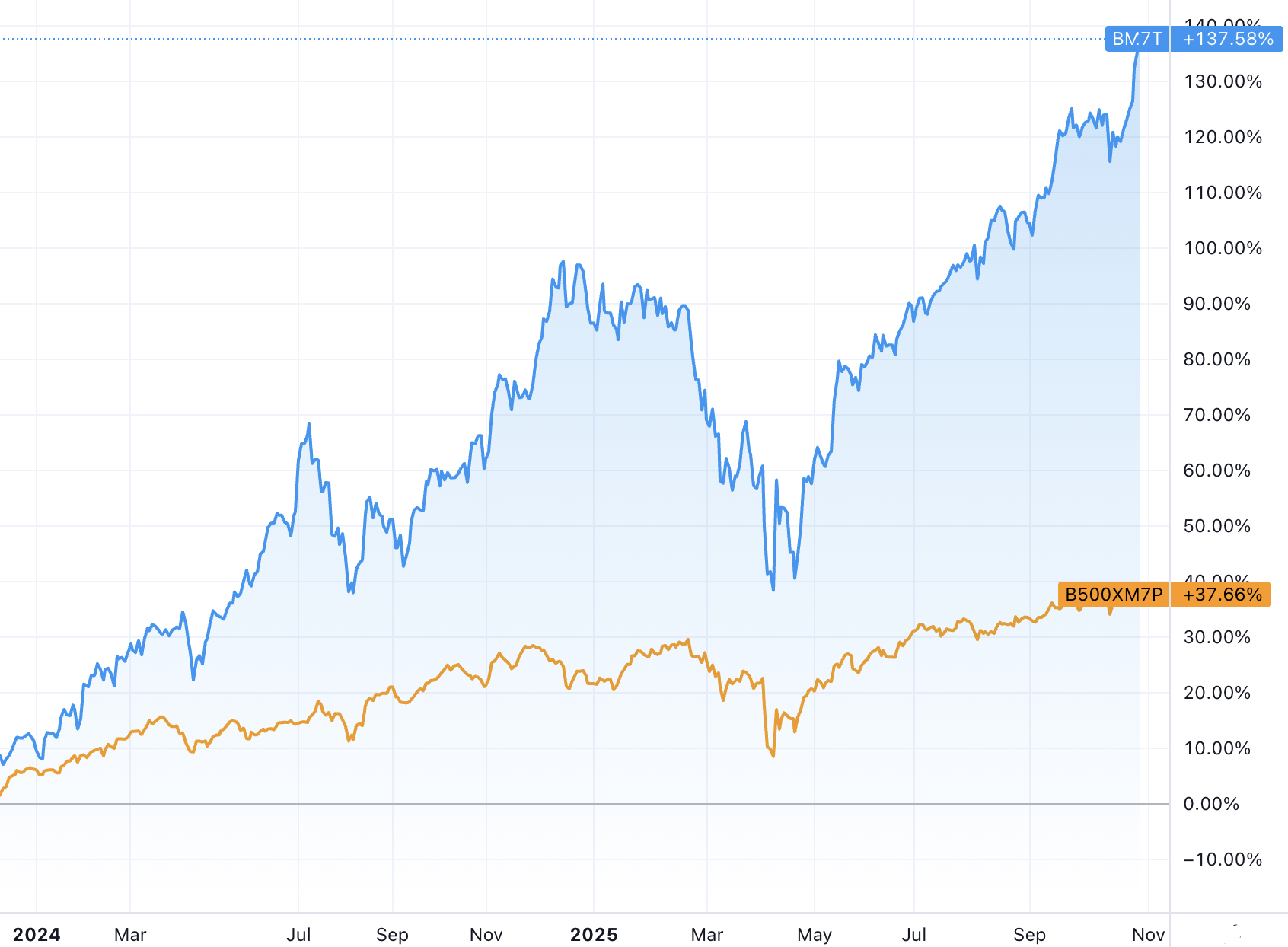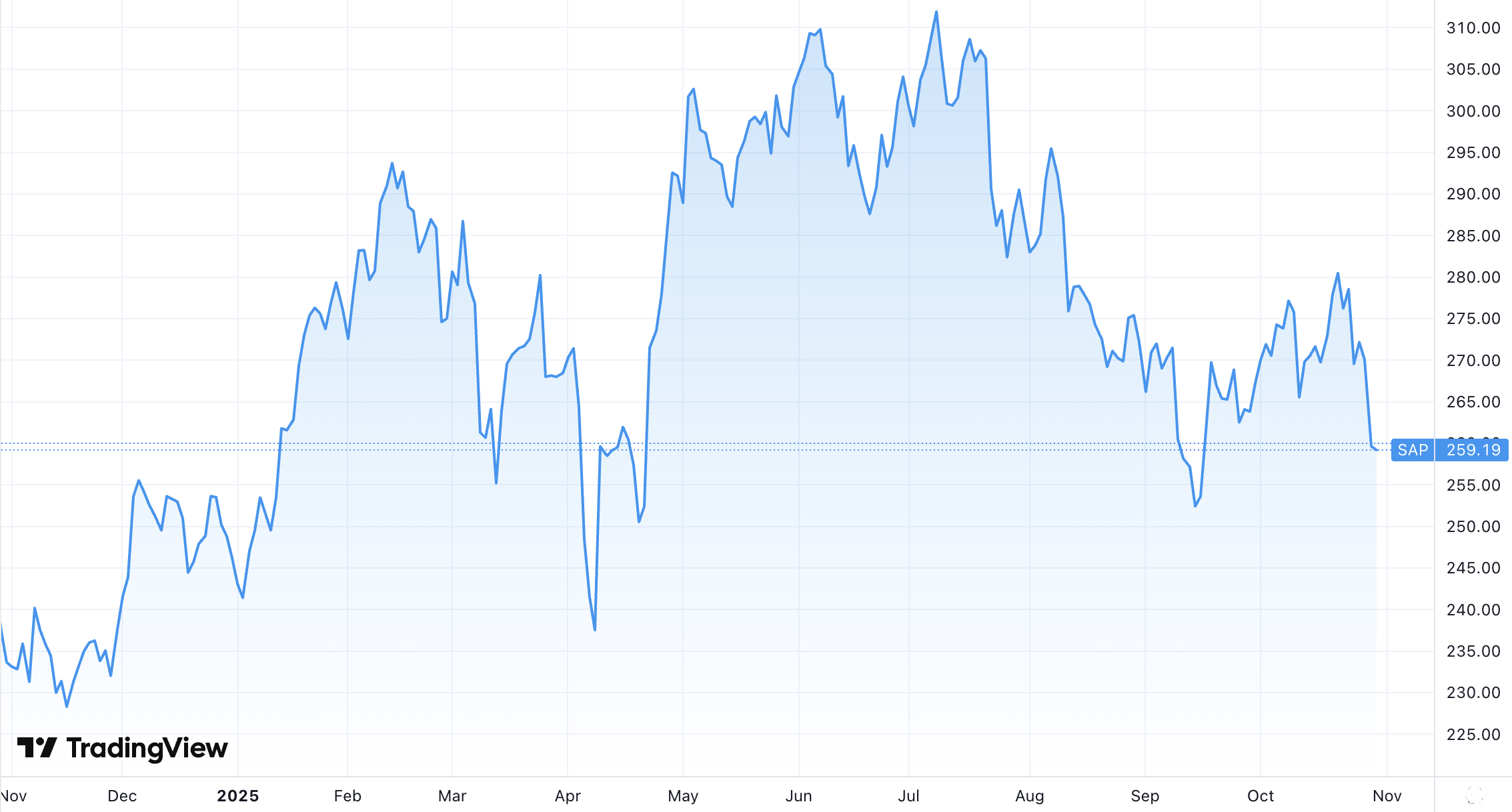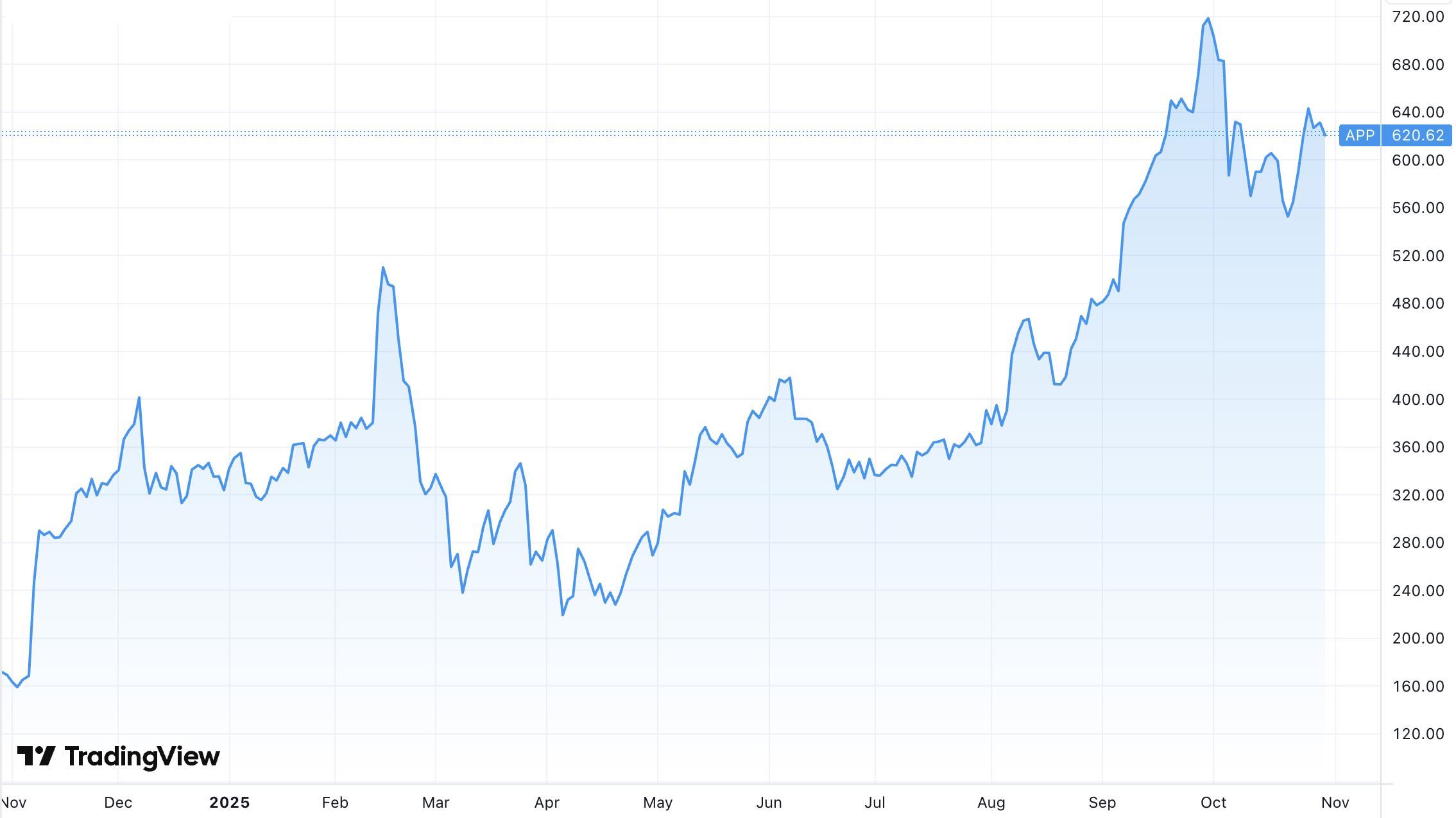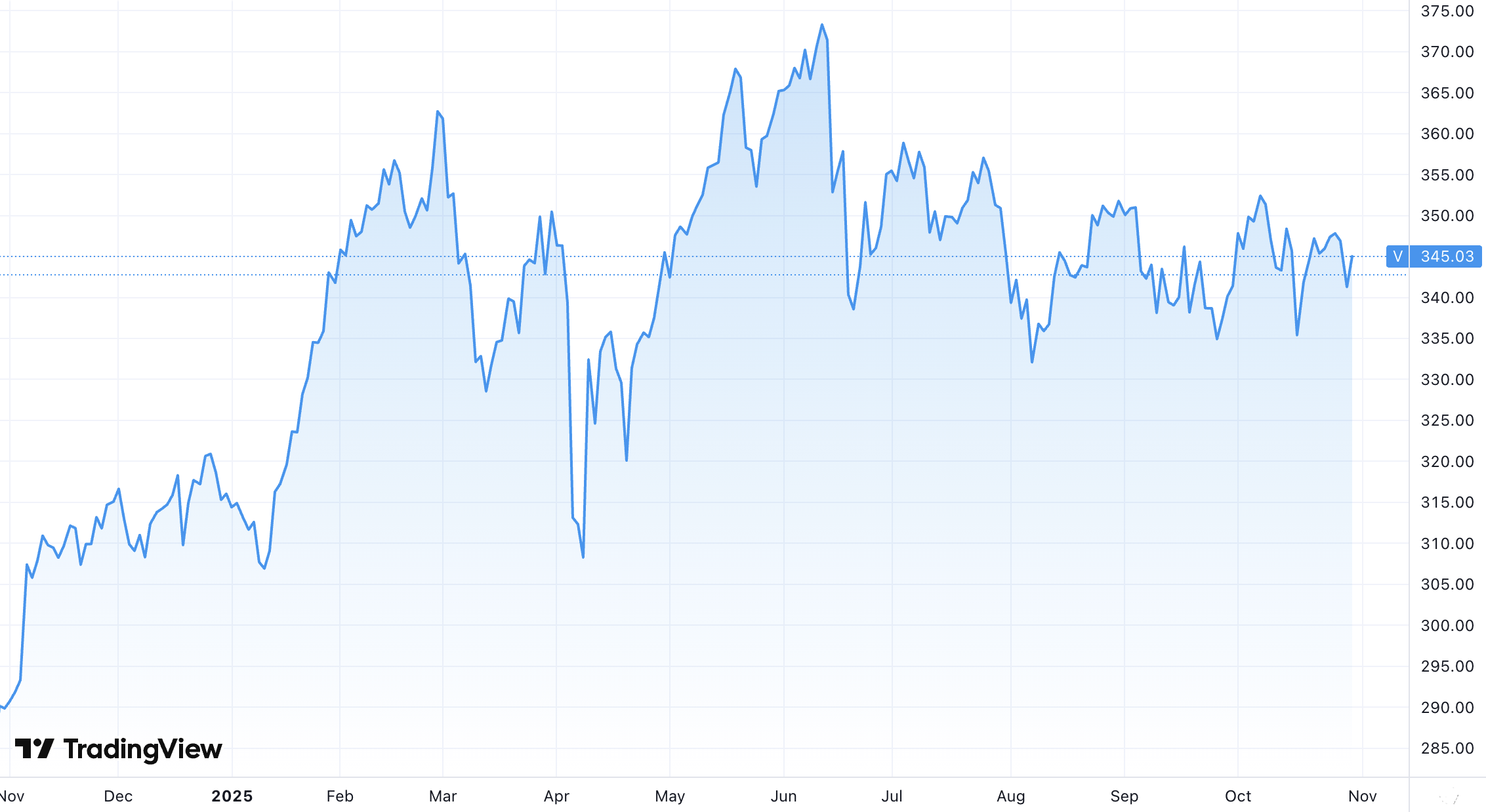The US stocks and sectors that could outperform the Mag 7
If you've been paying attention to US markets, you've probably noticed the discourse around the dominance of the Mag 7. Those 7 tech giants account for more than half of the total returns of the S&P 500 in 2024, and currently make up around 40% of the S&P 500's total market cap.
With US earnings underway, and positive results for Nvidia, Amazon and Google already announced, it's a trend that could even accelerate from here.

It's not the first time a sector has held dominance over the US stock market. History is actually littered with even more extreme examples.
In 1812, financial stocks represented 71% of the total US market cap.
In 1900, railroads accounted for 63% of the US market, with a single stock, Pennsylvania Railroad, representing 12% of the entire market.
But it's arguably the most concentrated the US market has been in a long time, and arguably ever, in terms of how few stocks account for so much of that concentration.
But has this market dominance opened up opportunities for better returns elsewhere on the S&P 500, especially with the Mag 7 leaving themselves little room for error on current valuations?
To answer that question and find out where investors should be looking, we've asked Frank Thormann, portfolio manager for global equities at Schroders Australia; Magellan Global Opportunities Strategy portfolio manager Alan Pullen; and Fidelity portfolio manager Maroun Younes.

Will the Mag 7 continue to dominate?
The general consensus is that the US mega tech stocks are unlikely to maintain this level of outperformance, and we may even see much greater dispersion between individual Mag 7 stocks.
"It’s going to be very difficult to maintain this level of outperformance and that dispersion of performance between the group will continue to widen, making stock selection even more important," said Schroders' Frank Thormann.
"Market performance is likely to be less dominated by these mega caps in the years ahead, with investors needing to look beyond US large cap tech for future returns," Magellan's Alan Pullen agrees.
It means investors keen on big tech exposure may need to be more discriminating in what stocks actually stay in the portfolio.
"We are positive on the prospects for Microsoft (NASDAQ: MSFT), based on optimism around its data centre capability, and have a large position in Meta (NASDAQ: META) given the power of its core advertising business," says Thormann.
"In contrast, we have zero weights in Amazon, Tesla and Apple, and are currently underweight Nvidia."
It's a similar view to that of Magellan's Alan Pullen. "The fortunes of the Magnificent 7 companies are likely to diverge somewhat over the next few years, with significant discretion required given the different risks and opportunities they face," he said.
"While some of these mega caps will continue to grow in dominance, supported by AI tailwinds and powerful competitive advantages, others may struggle as emerging competitors and excessive valuations weigh on performance."
"We continue to like Microsoft and Amazon (NYSE: AMZN), which benefit from continued AI adoption through their dominant public cloud businesses, diversified business models, and reasonable valuations. At the other end of the spectrum, Tesla (NASDAQ: TSLA) faces increased competition in electric vehicles and a valuation of bubble-like proportions."
For Fidelity's Maroun Younes, the Mag 7's big headstart on AI could help see them maintain their dominance on a commercial level, but not in terms of returns.
"They are trading on elevated valuation multiples, which means the level of embedded expectations that the market has for them is high, which means they have a high hurdle to clear to keep investors pleased," said Younes.
"Secondly, the nature of the business models is evolving – they were once capital-light businesses, but they are now capital intensive. This means they need their profits to grow dramatically to continue to earn attractive rates of return on this elevated capex profile. When you tie that back into elevated valuation multiples, it means there is little room for error."
"It’s possible that [the Mag 7] continue to dominate fundamentally, but deliver lacklustre returns, much like Microsoft did from 2000 to 2012."
Finding better performers on the S&P 500
With stretched valuations and growing costs, the Mag 7 are unlikely to account for so much of the S&P 500's returns going forward, and may even find themselves outpaced across the rest of the index.
"Many stocks appear well placed to outperform the Mag 7 going forward... Even in the technology sector we see significant opportunities outside the Mag 7." - Alan Pullen
1. SAP (NASDAQ: SAP)
One potential outperfomer is German software company, SAP.
"SAP, the global leader in mission-critical enterprise resource planning software for companies, has seen its share price lag the market by around 15% over the last 3 months on fears it will be disrupted by new AI-powered competitors," Pullen says.

"Our analysis suggests the more likely scenario is that SAP deepens its customer relationships by building AI into its own software suite. Given this analysis, the quality of SAP's earnings, including its scale advantages and strong execution, the exposure to digitalisation and cloud tailwinds, and SAP's attractive valuation, we’ve been leaning into the stock."
2. AppLovin (NASDAQ: APP)
According to Fidelity's Maroun Younes, mobile tech company AppLovin is another tech stock that could outperform the Mag 7.
"This is a business that has a unique advertising technology platform – matching advertisers with ad inventory that gets shown primarily on mobile video games," says Younes.
"Historically, the only advertisers interested in advertising on mobile video games were other video game developers/publishers. Applovin’s AI engine (Axon 2.0) has now evolved to allow ecommerce advertisers to successfully target video gamers with their ads (think of ads for apparel or beauty served to you while playing your video game)."

"Feedback we’re seeing from advertisers is the return on ad spend on Applovin is right up there, allowing advertisers a new platform from which to advertise outside of Facebook/Insta, Google and TikTok. Applovin is expected to more than double earnings over the next two years."
3. Morgan Stanley (NASDAQ: MS) and Visa (NASDAQ: V)
US financials are in a bright spot, says Schroders' Frank Thormann, and Morgan Stanley and Visa are two names that could present opportunities right now.
"MS has two main businesses: Investment Banking and Wealth Management," says Thormann. "For its banking division, revenue has been subdued in recent years due to low deal activity, and with US rates starting to come down, it is a positive for deal-making."
"In Wealth, a drag from cash allocations is now starting to unwind. Sweep accounts – those that automatically transferred excess cash from checking accounts into interest-bearing accounts - earned no margin over the last few years, but as rates come down, these balances are going into much higher margin accounts. We think the market is too bearish on this potential, so see upside here too."
The ongoing digitisation of payments has also created a tailwind for Visa, says Thormann. "Visa is a key beneficiary from the structural shift from cash to digital payments, which we believe is being underestimated by the market, plus Visa benefits from some shorter-term tailwinds with greater travel volumes being positive for its higher-yielding cross-border transactions."

Where are the other opportunities?
Pullen says the ongoing AI bubble has also created a value vacuum in more traditional sectors.
"The market rotation towards the AI winners has created opportunities for long-term fundamental investors. We currently see value in financial services, healthcare and restaurants," he said.
"For example, financial services companies like Visa, Mastercard, MSCI, and Intercontinental Exchange have underperformed, notwithstanding their solid fundamentals. We view these companies to be quality long-term compounders, have a high degree of confidence in their future earnings growth and current valuations look attractive."
Loosening monetary policy has also created a tailwind for real estate, says Fidelity's Younes.
"US housing is starting to look interesting, as we get more clarity on rate cuts, which will make mortgages more affordable," he said.
Defence and rare earths also present opportunities as the US and other nations place greater focus on national security, he says.
"Defence is naturally quite topical right now, and likely will remain so for some time, given the growing geopolitical tensions as we move more towards a multi-polar world with challengers to US hegemony."
"There are pockets of opportunities in areas such as minerals – rare earths, as the US tries to break free from China’s stranglehold on these critical elements, precious metals, as increasingly investors are worried about currency debasement around the world."
And while the AI trade itself may be overplayed, it's creating opportunities elsewhere.
"There are opportunities that are adjacent to AI/tech, but not directly in that space," says Younes. "Think of energy utilities who are facing increasing demand for power due to data centre buildout, ventilation and cooling solutions within the industrial space that are seeing elevated demand for their services from data centres. These are indirect plays on AI, but outside the box."
What next?
Of course, all this is assuming the US-led market rally continues in earnest. If things take a turn for the worse, as many are predicting, where should investors be looking in US markets for downside protection?
I'll be answering that question in a separate wire, so make sure you check back in then.

4 topics
7 stocks mentioned
1 contributor mentioned
